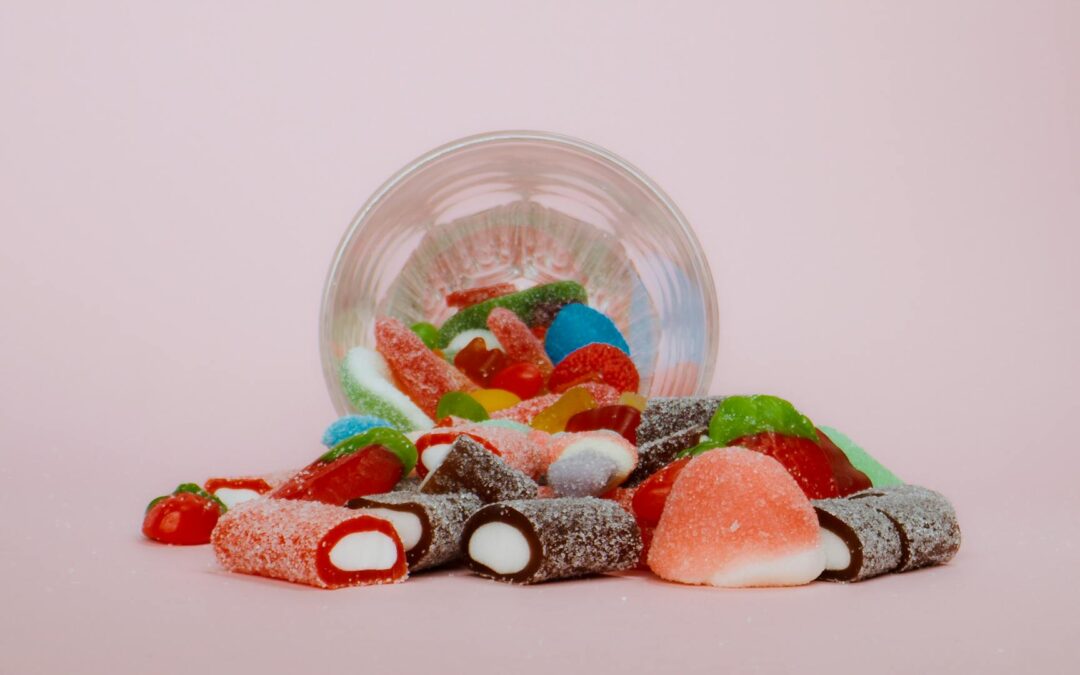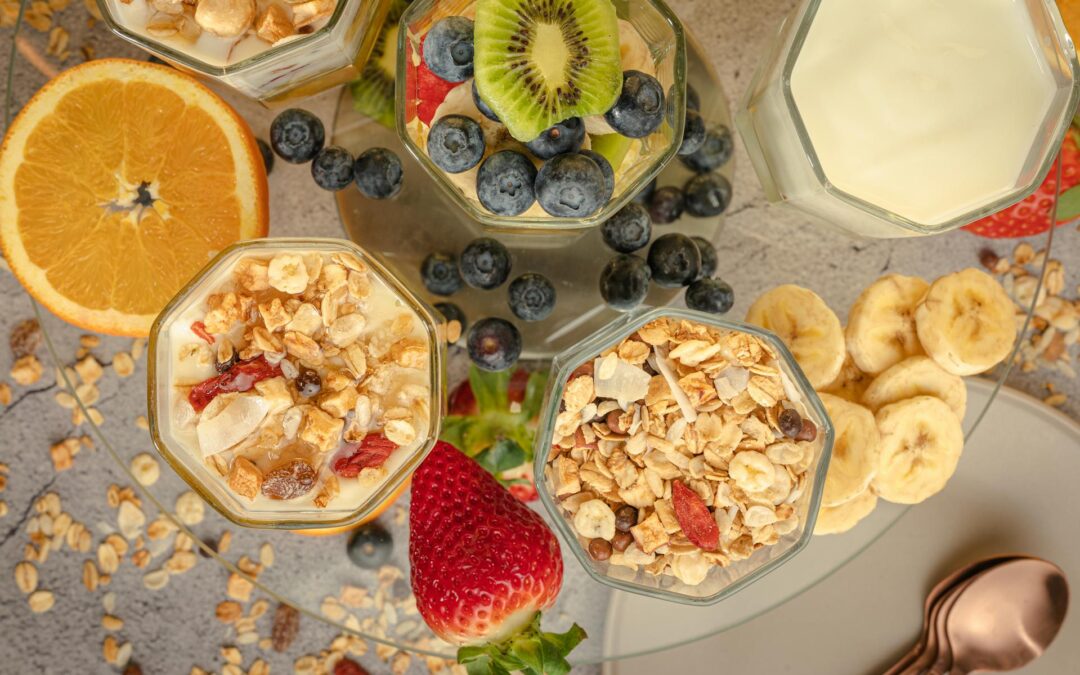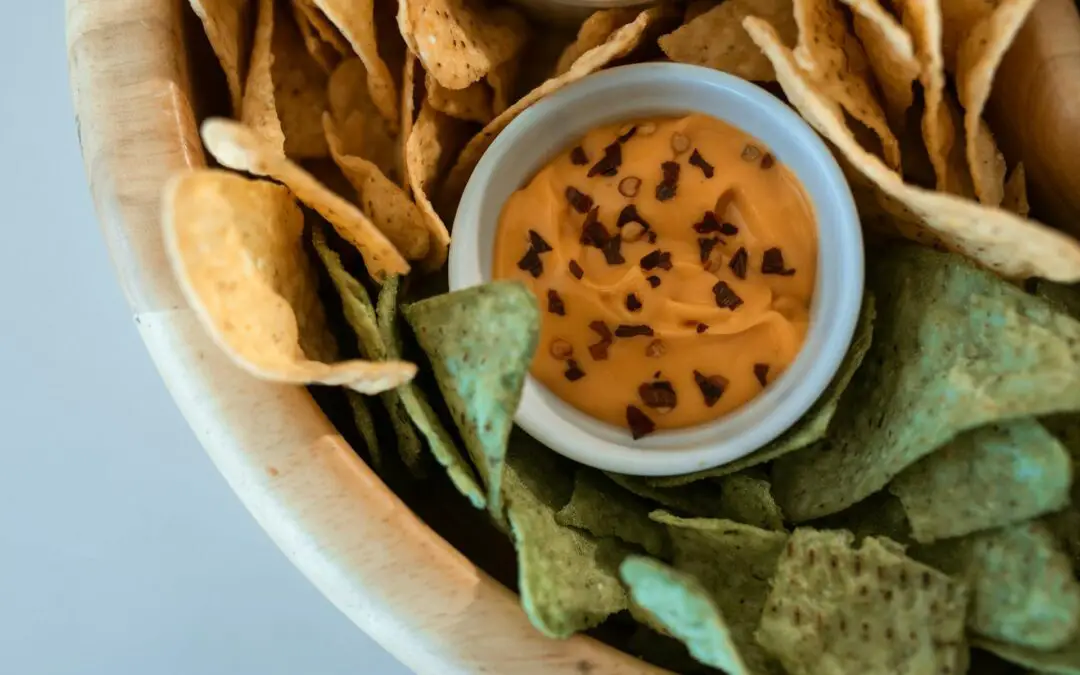Eating low carb, high-protein diets may help you lose weight, regulate your appetite, preserve muscle, and manage your blood sugar. (1) (2) While there is no clear definition of low-carb and high-protein diets, many people limit their daily carbs while increasing their overall protein consumption.
Changing your snack options is an innovative approach to modifying your diet to incorporate more protein and fewer carbohydrates. When purchasing snacks, be careful to read the nutrition data label. Choose foods that include 10-20% of the dietary value (DV) for protein per serving, considered a good to outstanding protein source, and 5% or less of total carbs per serving, considered low-carb. (3) (4) (5)
Here are 16 high-protein, low-carb snacks that are nutritious and filling and may help you achieve your wellness objectives.
1. Greek Yogurt
A 200-gram (7-ounce) serving of low-fat Greek yogurt has 19.9 grams of protein, 7.88 grams of carbohydrates, and 18% and 22% of the daily calcium and phosphorus levels necessary for bone health. (6) (7) (8) (9) Plain Greek yogurt is a low-sugar option that may be organically sweetened with fresh fruit.
2. Hard-Boiled Egg
A big whole egg has 6.24 grams of protein, primarily in the egg white, and less than half a gram of carbohydrates. (10) Furthermore, it contains 30% of the daily choline requirement, which aids memory, mood, and muscular control. (11) (10) (8) The yolk provides nutrients such as B vitamins, vitamin A, and vitamin D. (12) For a fast snack, try a hard-boiled egg with your favorite flavor.
3. Nuts
Nuts provide healthful fats, protein, vitamins, minerals, and plant components with antioxidant properties. Eating one ounce of nuts daily may lower cardiovascular disease risk. (13) Experiment with other nuts, such as almonds, which have 6.01 grams of protein and 6.12 grams of carbs per one-ounce meal, and pistachios, which include 5.73 grams of protein and 7.71 grams of carbs. (14) (15) Choose nuts with no additional salt or sugar. Combine with fresh fruit for a well-balanced snack.
4. Cheese
Cheese contains vital elements such as protein, calcium, phosphorus, and B vitamins. According to research, eating cheese daily lowers your chance of developing a variety of health problems, including heart disease, diabetes, and dementia. (16) An ounce of part-skim milk mozzarella cheese has 6.89 grams of protein and less than 1 gram of carbohydrates. (17) Combine cheese with fruits or veggies for a complete snack.
5. Cottage Cheese
Low-fat cottage cheese is high in protein, with 24.2 grams per one-cup serving and 9.48 grams of carbs. Furthermore, it contains 17% of the daily intake for calcium and 26% for phosphorus, among other critical elements. (18) (8) Mix cottage cheese with fresh fruit and almonds for a delicious snack.
6. Canned Tuna
Each 3-ounce serving of canned light tuna in water has 21.7 grams of protein and zero carbohydrates. (19) Tuna and other fish include healthful omega-3 fats, which can help lower the risk of heart disease. In addition, fish contains docosahexaenoic acid, or DHA, an omega-3 lipid that maintains the brain operating regularly and effectively. (20) For a fast snack, combine tuna, Greek yogurt, and seasonings and spread them over whole grain crackers or lettuce leaves.
7. Canned Salmon
Fish like salmon contain healthy fats, protein, and other essential components. For example, canned pink salmon has 19.6 grams of protein, 0 g of carbs, and 13% of the recommended intake for choline, 61% for vitamin D, and 18% for calcium (21). Combine canned salmon, plain Greek yogurt or mayonnaise, and lemon juice for a quick snack. Spread the mixture over cucumber slices or whole-grain bread.
8. Shrimp
A three-ounce shrimp meal has 20.4 grams of protein and less than half a gram of carbohydrates. (22) It also contains 16% of the recommended daily intake for phosphorus and 14% for zinc, a vitamin that promotes immunological function. (8) (22) Shrimp, like salmon and canned light tuna, have minimal mercury levels, making them an excellent seafood choice. (23) For a quick snack, cover cooked shrimp with olive oil and garlic, chill, then serve with a squeeze of lemon.
9. Hemp Seeds
Hemp seeds are rich in protein and healthy fats. They include natural plant components known as polyphenols and terpenoids, which have antioxidant and anti-inflammatory properties. (24) A 3-tablespoon serving of hulled hemp seeds contains 9.48 grams of protein and 2.6 grams of carbs.
Other minerals included in hemp seeds include phosphorus (40% of the DV), zinc (27% of the DV), and magnesium (50% of the DV), which is involved in over 300 biological processes, such as muscle and nerve function and blood pressure management. (25) (8) (26) Sprinkle hemp seeds over yogurt or as a healthful snack. (24)
10. Pumpkin Seeds
Pumpkin seeds are another high-protein seed, with 8.45 grams of protein and 4.17 grams of carbohydrates per one-ounce meal. (27) They contain 20% or more of the daily requirement for minerals such as zinc, magnesium, and copper, essential in energy production, connective tissue repair, and immunological and neurological system function. (28) (27) (8) To make trail mix, combine pumpkin seeds, nuts, and dried fruit.
11. Edamame
Edamame, a young soybean, is high in protein, fiber, vitamins, and minerals, including iron and phosphorus. Legumes include antioxidants, which help protect cells and combat illness. (29) A cup of cooked edamame has 18.4 g of protein and 13.8 g of carbs. (30) Steam edamame and season with sea salt for a protein-rich snack.
12. Turkey Roll-Ups
Roll together turkey deli slices, cheese, and leafy greens for a fast protein snack. A slice of low-salt deli turkey, weighing 28 grams or roughly an ounce, has 6.1 grams of protein and less than a gram of carbohydrates. (31) Look for minimally processed turkey that is low in salt and contains little to no added sugar or preservatives.
13. Cow’s Milk
The Dietary Guidelines for Americans advocate consuming dairy products like milk in a balanced diet. However, around 90% of Americans do not drink enough dairy. Dairy products are high in protein, vitamins, and minerals. (32) One cup of reduced-fat milk has 8.23 grams of protein, 12 grams of carbs, 14% of the daily intake for vitamin D, and 20% or more of the recommended values for calcium, phosphorus, and vitamin A. Add milk to your snack routine by mixing it with whole grain cereal, blending it into smoothies, or eating it with a piece of fruit.
14. Soy Milk or Pea Milk
Not all plant-based milk replacements are equal, but soy and pea milk stand out due to their protein levels. These alternatives are ideal for persons who are allergic or intolerant to cow’s milk. The USDA’s nutritional database does not include plain soy milk. (33)
However, one cup of soy milk with added sugar has 7.99 grams of protein and 9 grams of carbohydrates. (33) In contrast, a cup of unsweetened pea milk has 7.99 grams of protein and 0 grams of carbs. (34) Both are high in calcium and vitamin D. (33) (34) When choosing milk, seek those with little to no added sugars and those fortified with vitamins and minerals.
15. Protein Powder
Many protein powders, including whey, casein, and pea protein, are designed to provide a significant quantity of protein per serving while reducing carbohydrates to a minimum. The USDA food database states that one-third cup (32 g) of unbranded whey protein powder has 25 g of protein and 2 g of carbs. A scoop of protein powder may be blended with water or unsweetened milk and fruit to make a quick and easy smoothie. (35)
16. Jerky
When choosing jerky, seek alternatives with a high protein content (about 10 grams or more per serving) and little added sugar. The USDA’s food database defines unbranded beef jerky (1 ounce or 28.35 g) as having 9.41 g of protein and 3.12 g of carbohydrates, while pork jerky (42 g) has 13.9 g of protein and 4.62 g of carbs. (36) (37)
Jerky is often a high-sodium product. To make a more balanced and healthy snack, consume it in moderation and combine it with other whole foods such as vegetables, fruits, or nuts. (36)
Tips for Increasing Protein and Reducing Carbs
Remember that lowering carbohydrates does not imply eliminating them. Carbs are the primary energy source for your cells, tissues, and organs. (38) Fruits, legumes, and whole grains are nutrient-dense carbohydrates that should be incorporated into a well-balanced diet. Here are a few strategies for boosting protein while decreasing carbs in your diet:
- Select lean animal proteins such as beef, chicken, turkey, and fish.
- Include plant-based proteins like tofu and tempeh, and legumes like lentils and beans.
- Keep high-protein, low-carb foods like Greek yogurt, hard-boiled eggs, almonds, and canned tuna on hand for fast snacks and meals.
- Low-carb vegetables can be added to meals and snacks as leafy greens in a smoothie or omelet or as veggie sticks with seasoned yogurt or bean dip.
- Limit your intake of sugary foods and beverages. Instead, choose water or unsweetened liquids and naturally sweet fruits.
- Choose entire, unprocessed foods for improved nutritional balance.
- Consider adding protein powder to smoothies, beverages, and yogurt bowls, especially if you struggle to achieve your protein requirements.
The Bottom Line
Including a range of high-protein, low-carb snacks gives you accessible alternatives for every circumstance. There’s something for everyone, from on-the-go snacks like almonds and cheese to quick meals like canned salmon and deli turkey. Including both animal—and plant-based alternatives promotes a well-rounded approach to nutrition.
Remember to supplement these snacks with other nutrient-dense food categories, such as fruits and vegetables, to help you achieve your overall health and wellness objectives.







0 Comments